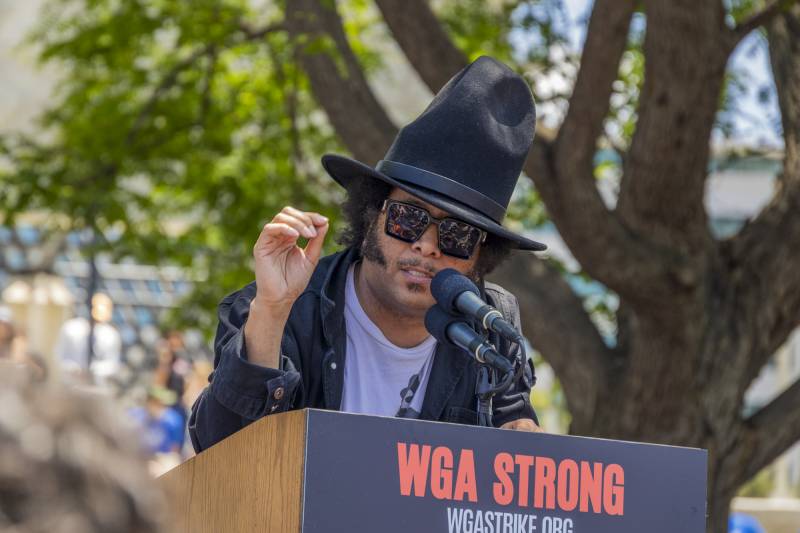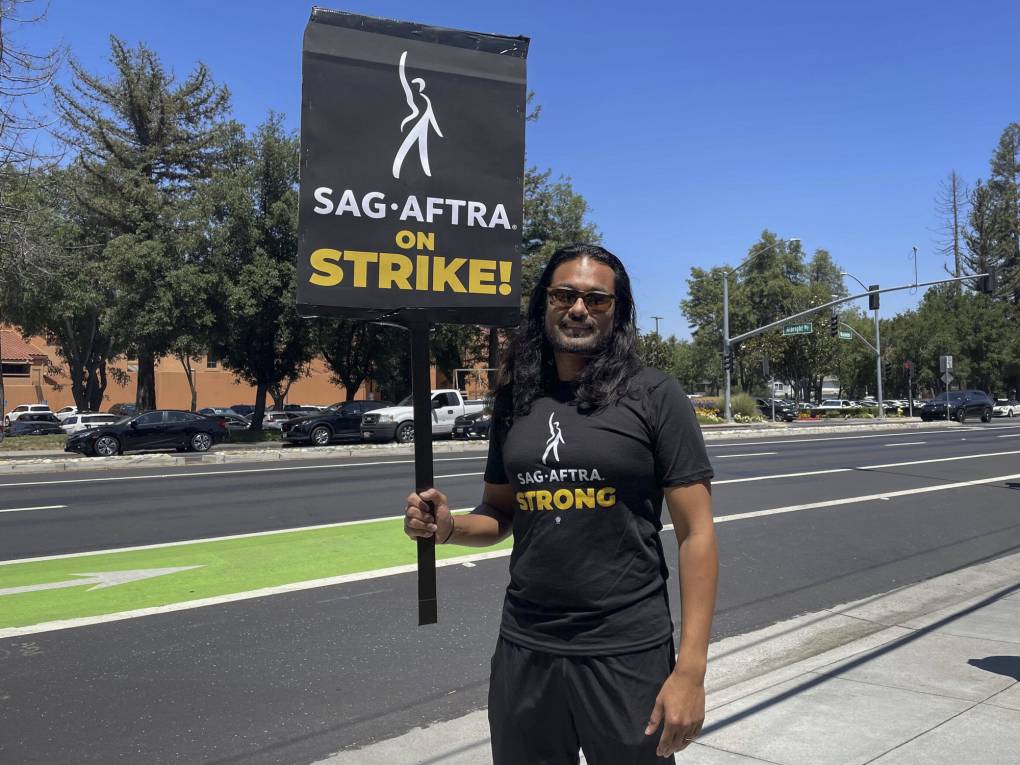Any one of these companies has more money at its fingertips than many nation states. They’ve got deep pockets, and they also have binders full of lawyers. You’re a musician. You’ve probably watched what’s happened with Spotify. They just ate the musicians’ lunch. You get these royalty checks for 0.00036 cents, for a year.
It is terrible what streaming is doing. It’s also not that far off from how people were getting paid in the 1990s and before. Think about how many times somebody played your album, and the radio played it, and that you were only getting maybe 50 cents to a dollar for every album, if you got anything from that. It’s all capitalism. There wasn’t this shining time when everything was great.
That being said, the way that it could be handled is the same way Charlie Chaplin and them created the first Screen Actors Guild [United Artists Corporation]. If all the big artists that had stuff about to come out this year withheld all that stuff, and worked together, they could make it better for everybody.
So I know it’s always dangerous to read a crystal ball. What does your gut tell you about where especially the WGA’s fight is going?
I think the Writers Guild knows that, if they come away from — I’m saying “they.” I’m in the Writers Guild, I’m in the DGA and I’m actually also in SAG — but I think the writer leadership knows that if they go on a strike this long and come back with very minimal gains, that it discourages people from striking.




